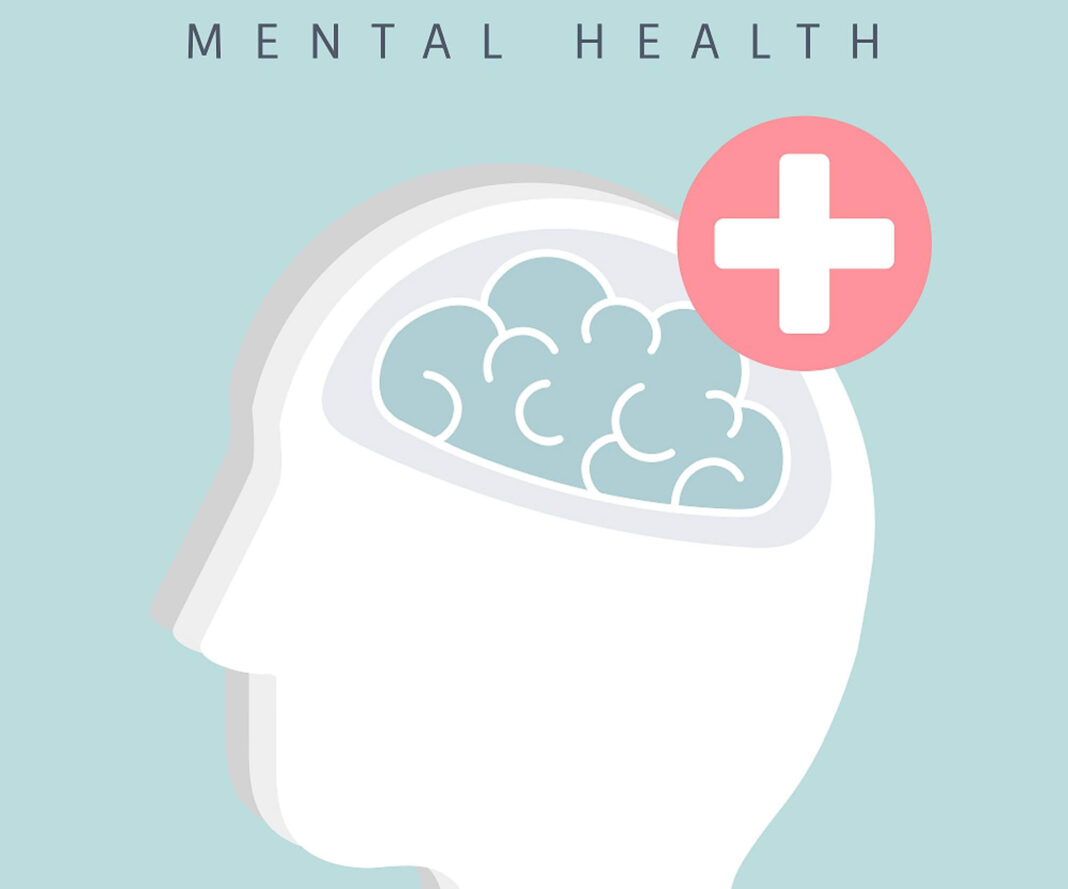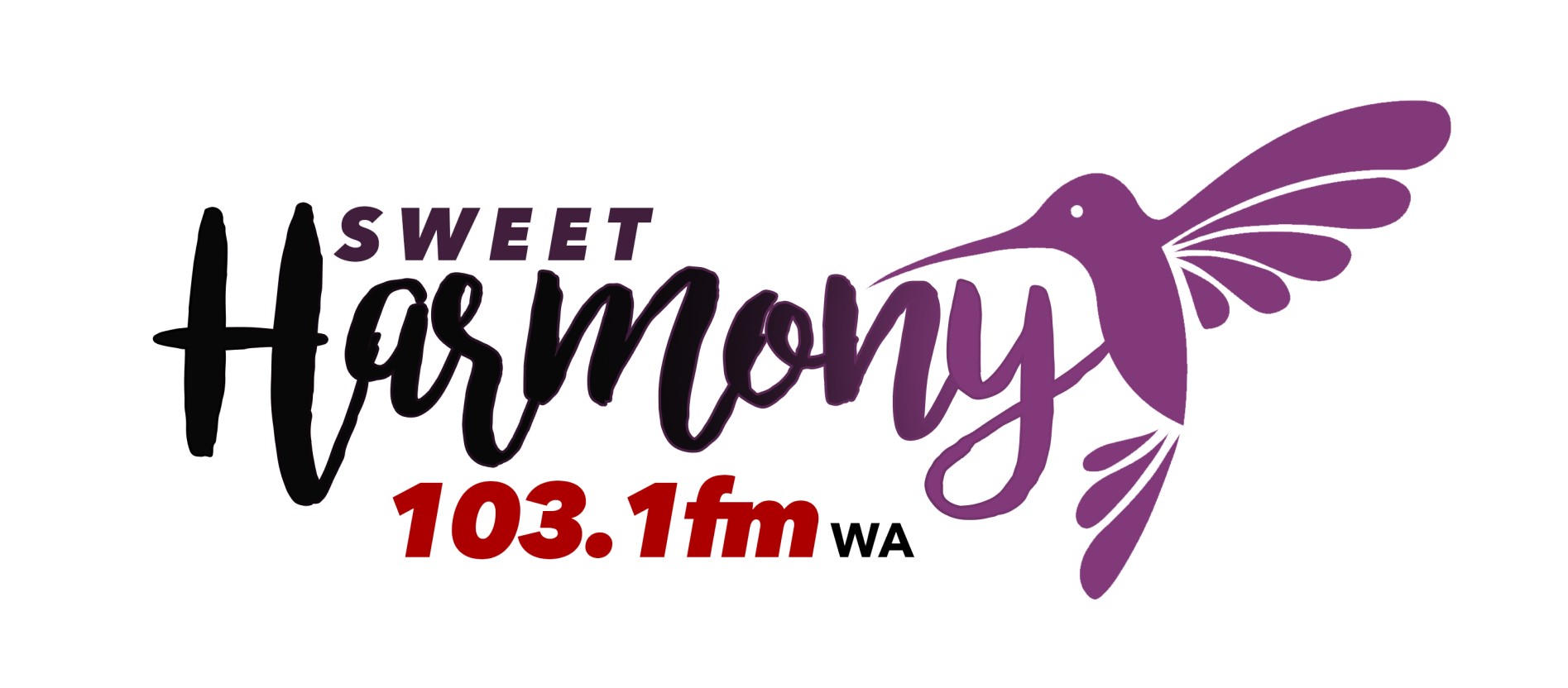Stress associated with current economic hardship is contributing to the increasing number of persons with mental illness in the streets and public places.
Dr Pinaman Appau, Chief Executive Officer of the Mental Health Authority (MHA), who said this at the launch of this year’s mental health week in Accra on Monday, said the situation had exacerbated the existing mental health challenges in the country.
A national count in 2016 identified over 6,000 persons with mental illness in the street and public place.
Dr Appau said the rising unemployment rate, economic uncertainty and social isolation had had a detrimental effect on the wellbeing of people across different socio-economic backgrounds, assuring that another count would soon be done to collect data for interventions.
“As jobs vanish and businesses shutter, individuals and families find themselves facing financial instability, food insecurity and inadequate access to healthcare and education with consequences on mental health.”
The World Health Organization (WHO) in September estimated that almost 2.4 million Ghanaians could be suffering from varied forms of mental illness.
The CEO said the alarming increase of persons with mental illness, psychosocial, intellectual, and cognitive disabilities in the streets was an issue for national security.
Dr Appau said the Authority and the Ministry of Health were considering the rolling out of a programme to rid the streets off mentally ill persons to restore their dignity and respect.
She said the strategy when rolled out would ensure that mentally ill patients picked from the streets were reintegrated into communities.
“We must rally all stakeholders to support advocacy efforts and provide logistics in implementing the strategy,” she said.
She said mental health was a universal right, which meant that everyone regardless of their background, race, ethnicity, gender, or geographic location had the right to fundamental right to mental well-being.
This includes access to mental health services and support systems necessary for maintaining and promoting mental health.
Mental illness according to the WHO is a mental disorder characterised by a clinically significant disturbance in an individual’s cognition, emotional regulation, or behavior.
It is usually associated with distress or impairment in important areas of functioning.
Types of mental illness are anxiety disorders, depression, bipolar disorder, Post-Traumatic Stress Disorder (PTSD), schizophrenia, eating disorders, disruptive behaviour, and dissocial disorders among others.
Mental health is a state of mental well-being that enables people to cope with the stresses of life, realise their abilities, learn well and work well, and contribute to their community.
The Mental Health Week slated for October 4 to 10 will focus on community engagements, open dialogues, and discussions on the rights of persons with mental illness and intellectual disabilities on various media platforms.
It will also include activities such as school health talks on substance abuse among adolescents, presentations on stress management, self-assessment on mental health, screening of the public and outreach programmes at faith-based healing centres.
A durbar will be held at Dambai in the Oti Region on October 10 to climax the celebration.
GNA
Economic hardship aggravating mental health problems



